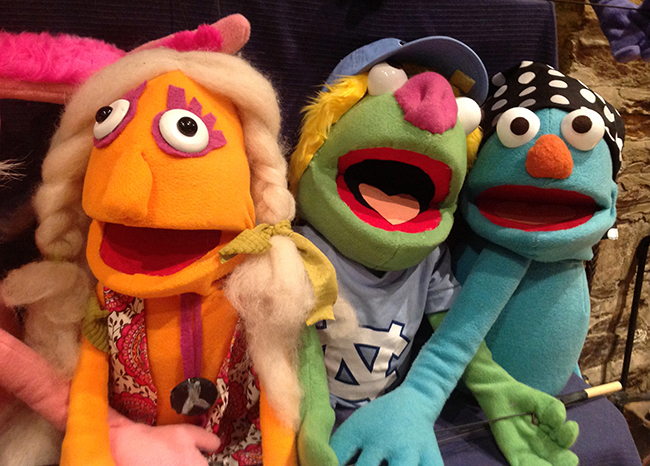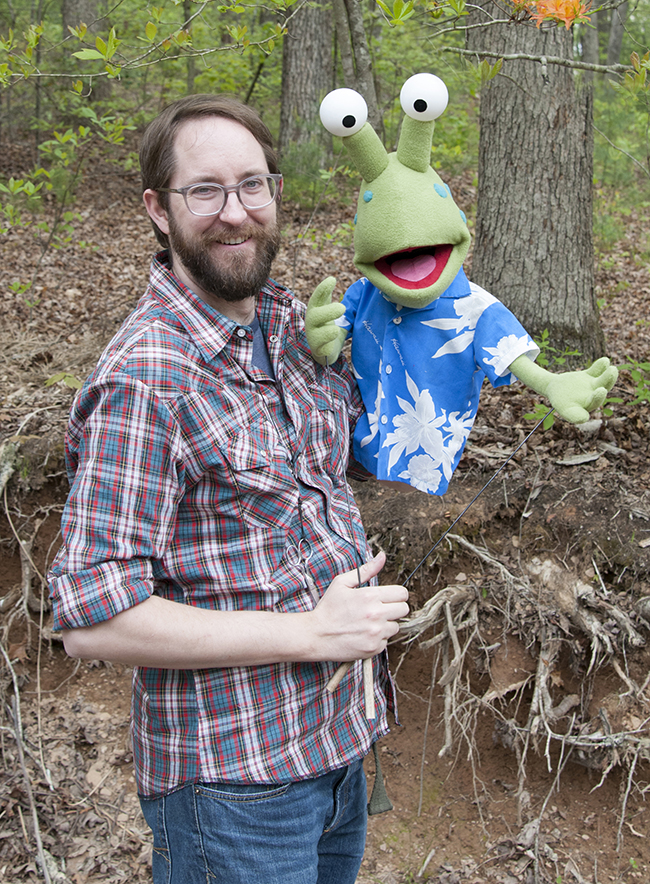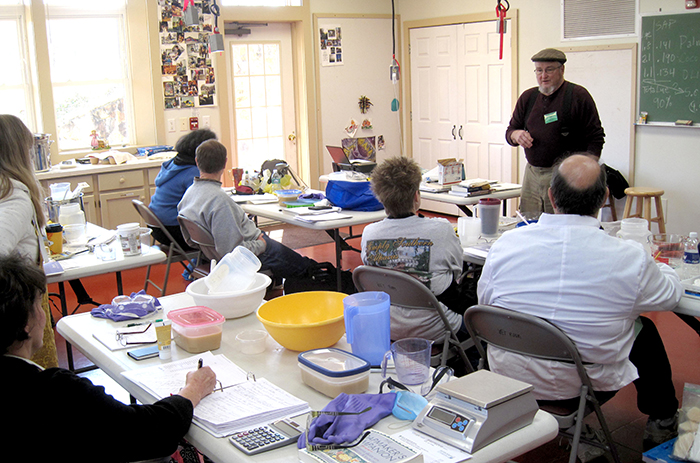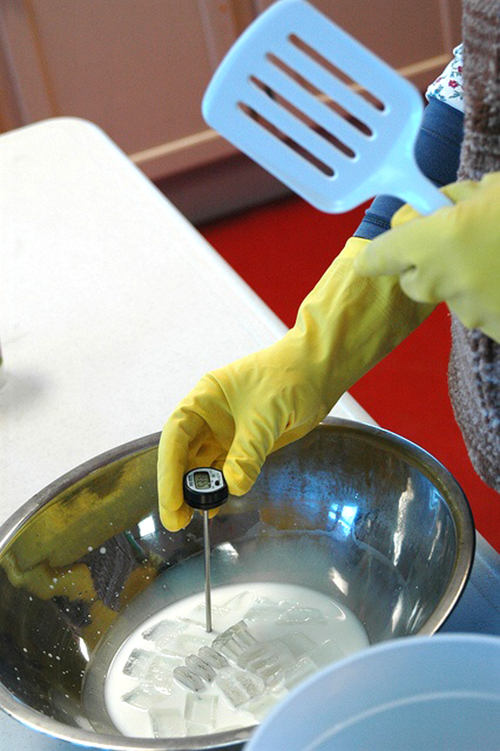26 Aug Bring Your Imagination to Life with Charlie Patricolo
[vc_row css_animation="" row_type="row" use_row_as_full_screen_section="no" type="full_width"...

[vc_row css_animation="" row_type="row" use_row_as_full_screen_section="no" type="full_width"...
[vc_row css_animation="" row_type="row" use_row_as_full_screen_section="no" type="full_width"...
[vc_row css_animation="" row_type="row" use_row_as_full_screen_section="no" type="full_width"...
[vc_row css_animation="" row_type="row" use_row_as_full_screen_section="no" type="full_width"...
[vc_row css_animation="" row_type="row" use_row_as_full_screen_section="no" type="full_width"...
This November, the Folk School...
[vc_row css_animation="" row_type="row" use_row_as_full_screen_section="no" type="full_width"...
Imagine transforming your trash into...
 The class display at Show and Tell (2013)[/caption]
If you are looking for a unique class at the Folk School that incorporates visual art, mixed media, and performance into a week of puppet fun, check out David Stephens' class Hand-and-Rod Puppet Construction (April 10-16, 2016). When David teaches his class, an infectious feeling of whimsy, fun, and joyful energy permeates the campus. David has been a puppeteer and puppet maker for over 20 years and is founder of All Hands Productions in Atlanta, GA. I sat down with David during his last class here at the Folk School to find out a little more about the magic of puppetry.
[caption id="attachment_13855" align="alignright" width="249"]
The class display at Show and Tell (2013)[/caption]
If you are looking for a unique class at the Folk School that incorporates visual art, mixed media, and performance into a week of puppet fun, check out David Stephens' class Hand-and-Rod Puppet Construction (April 10-16, 2016). When David teaches his class, an infectious feeling of whimsy, fun, and joyful energy permeates the campus. David has been a puppeteer and puppet maker for over 20 years and is founder of All Hands Productions in Atlanta, GA. I sat down with David during his last class here at the Folk School to find out a little more about the magic of puppetry.
[caption id="attachment_13855" align="alignright" width="249"] David with his new alien creation[/caption]
CP: Is the person who creates the puppet usually the puppeteer?
DS: Some people are just builders, and some people are just performers. I do both and I feel like I am a more informed builder, because I am a performer, and vice versa. Understanding the mechanics of how the puppet is made makes me a better performer. Thinking like a performer makes me a better builder, because I know what I want the puppet to be able to do. It can be a symbiotic relationship.
I like the visual art aspect just as much as the performance part. Making a puppet from scratch is very gratifying. You take this idea in your head and realize it in three dimensions, which is pretty cool.
CP: Describe what a week is like in your Hand-and-Puppet Construction class.
DS: For the first few days, everybody is making the same basic form. By the end of the week, students are creating their own characters, using their imaginations to come up with different facial feature combinations. The personalities of the puppets start to come out later in the week. You see this extreme change in the room from things that look very much the same, to very distinct looking characters.
The difference between the puppets that I make and the puppets that these students make is about 20 years of experience. We are all working with the same basic pattern. Experience is the only difference; otherwise we are making the puppets from exactly the same patterns and materials.
David with his new alien creation[/caption]
CP: Is the person who creates the puppet usually the puppeteer?
DS: Some people are just builders, and some people are just performers. I do both and I feel like I am a more informed builder, because I am a performer, and vice versa. Understanding the mechanics of how the puppet is made makes me a better performer. Thinking like a performer makes me a better builder, because I know what I want the puppet to be able to do. It can be a symbiotic relationship.
I like the visual art aspect just as much as the performance part. Making a puppet from scratch is very gratifying. You take this idea in your head and realize it in three dimensions, which is pretty cool.
CP: Describe what a week is like in your Hand-and-Puppet Construction class.
DS: For the first few days, everybody is making the same basic form. By the end of the week, students are creating their own characters, using their imaginations to come up with different facial feature combinations. The personalities of the puppets start to come out later in the week. You see this extreme change in the room from things that look very much the same, to very distinct looking characters.
The difference between the puppets that I make and the puppets that these students make is about 20 years of experience. We are all working with the same basic pattern. Experience is the only difference; otherwise we are making the puppets from exactly the same patterns and materials.
 Tim Tyndall teaches Soap Making in the Wet Room[/caption]
Tim Tyndall teaches Soap Making in the Wet Room[/caption]
When I was a Work/Study in 2011, one of the classes I chose for my work/trade was Dr. T’s Soap Making class. For a total beginner, the class was an amazing introduction to the chemistry and art behind creating your own customized cold process soap batches. Dr. T (aka Tim Tyndall) teaches Soap Making regularly at the Folk School. I'm a huge fan of Tim and his soap... Enjoy our interview.
[caption id="attachment_12629" align="alignright" width="216"] Checking the temperature of the milk and lye.[/caption]
Checking the temperature of the milk and lye.[/caption]
CP: How did you become involved with the Folk School?
Dr. T: About 10-12 years ago, Charlotte Latin School bused their 8th grade “graduates to be” to the Folk School for a celebration where students could choose 2-4 classes over a 2-day period. A parent who had been a customer and attended one of my demonstrations here at the Soap Shed, suggested to someone at the Folk School that they contact me to do Soap Making segments for the Latin students.
The Folk School contacted me and I came down to initiate a soap class experiment. Things went well; the students were pleased; I had fun; and I was asked to propose what regular soap classes might look like for the curriculum. Soap Making classes have been a part of the “curriculum” since then. I guess I have kinda been the “lead dog,” so to speak.
CP: Why do you like teaching at the Folk School?
First and foremost, I have always loved teaching. I have been an educator and administrator at all levels from private high school, community college, and university, focusing in science. I live in Spruce Pine, NC where we have the Penland School of Crafts and taught in Rome, Georgia, home of the Berry School. These schools, like JCCFS and Berea, focus on the goal of helping mountain or rural people marshall their skills and talents from generations of practice towards economic gain and enrichment for themselves, their families, and their communities.
I expected this would be the “Spirit of the Folk School” which I so richly enjoyed my first visit. To be a part of that AND to share some of my self taught skills as a contemporary soap maker is a most satisfying endeavor. I have learned much “Lore” and have a cadre of stories about the history of soap making as a foundation craft in an earlier time and an artisan craft today. I teach because it is FUN and I love seeing my students accomplish things they came to the school thinking they could not do or understand. They surprise themselves and give a thrill at the same time. That’s why I like teaching at the Folk School.


